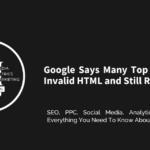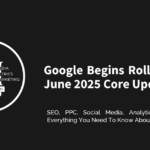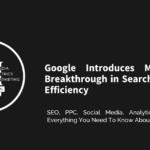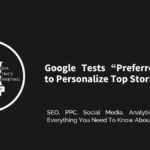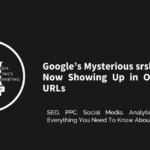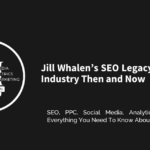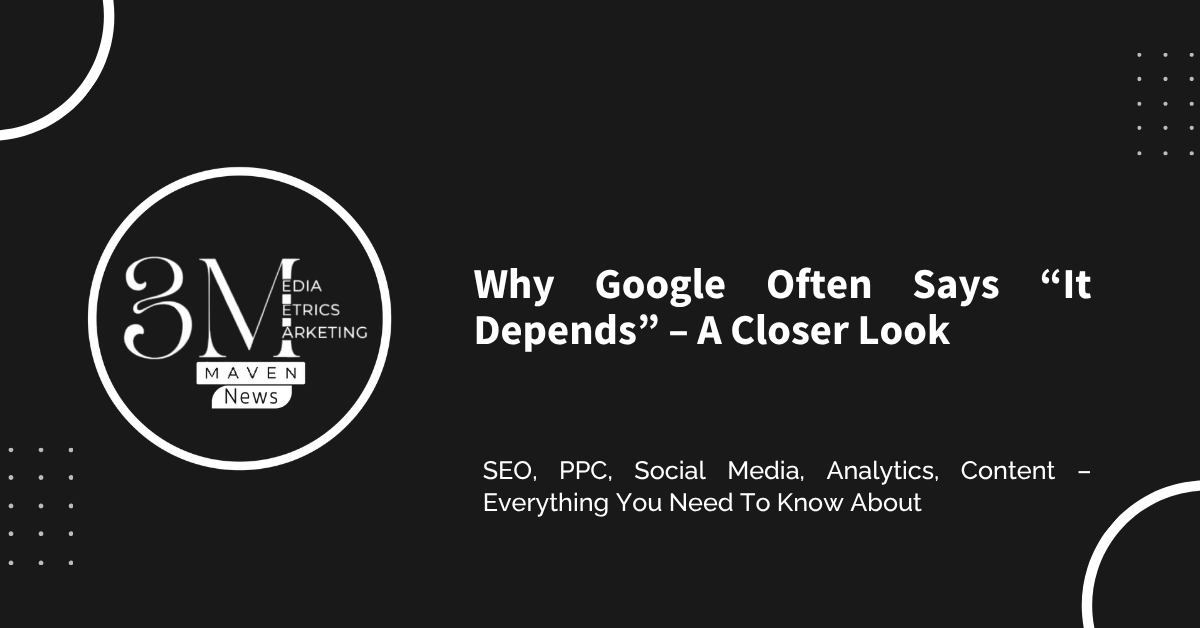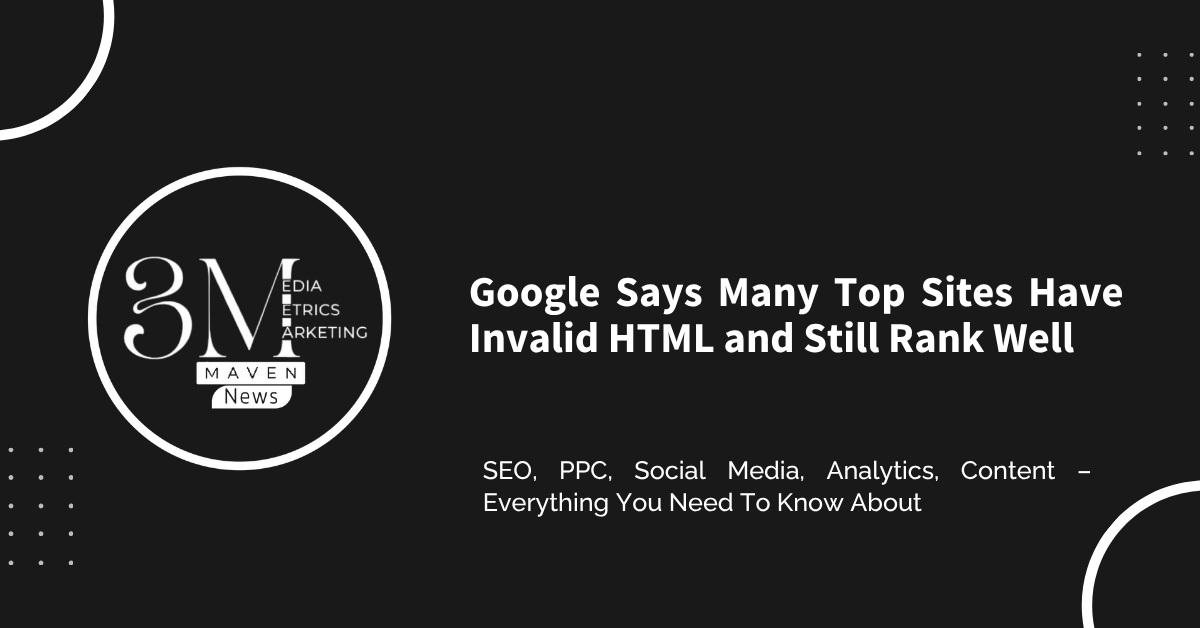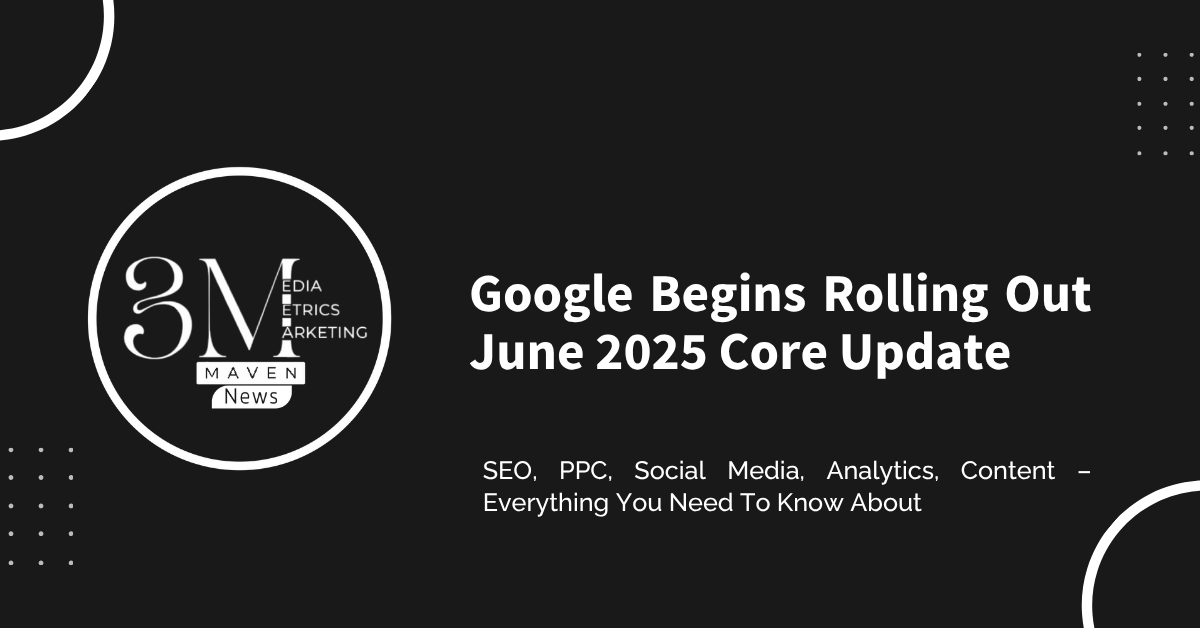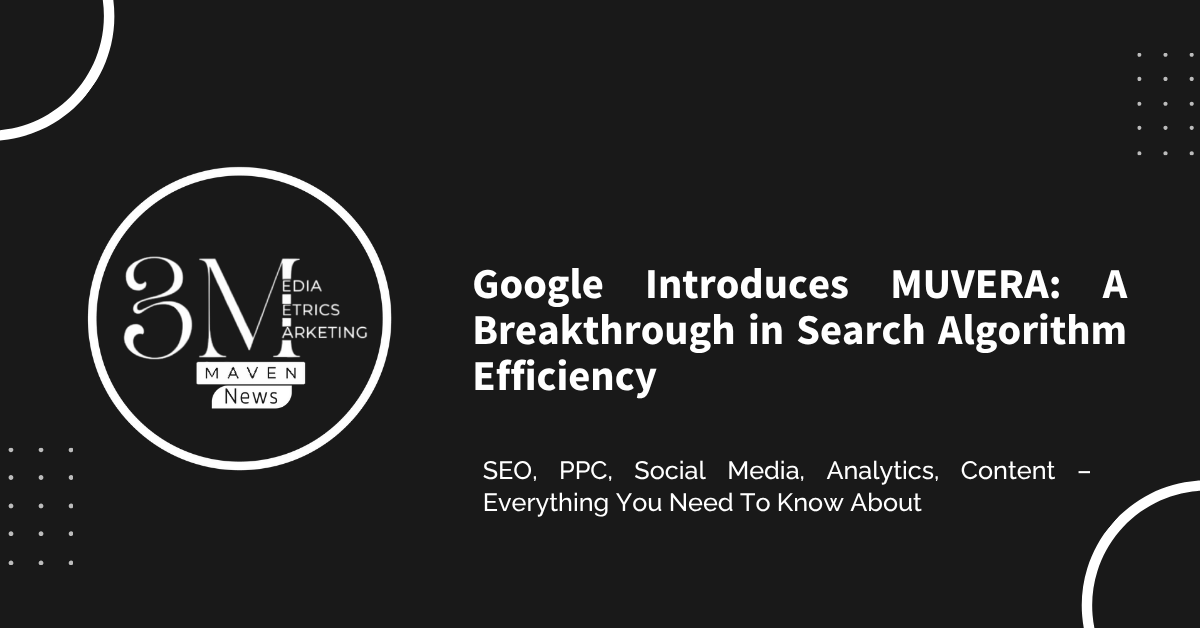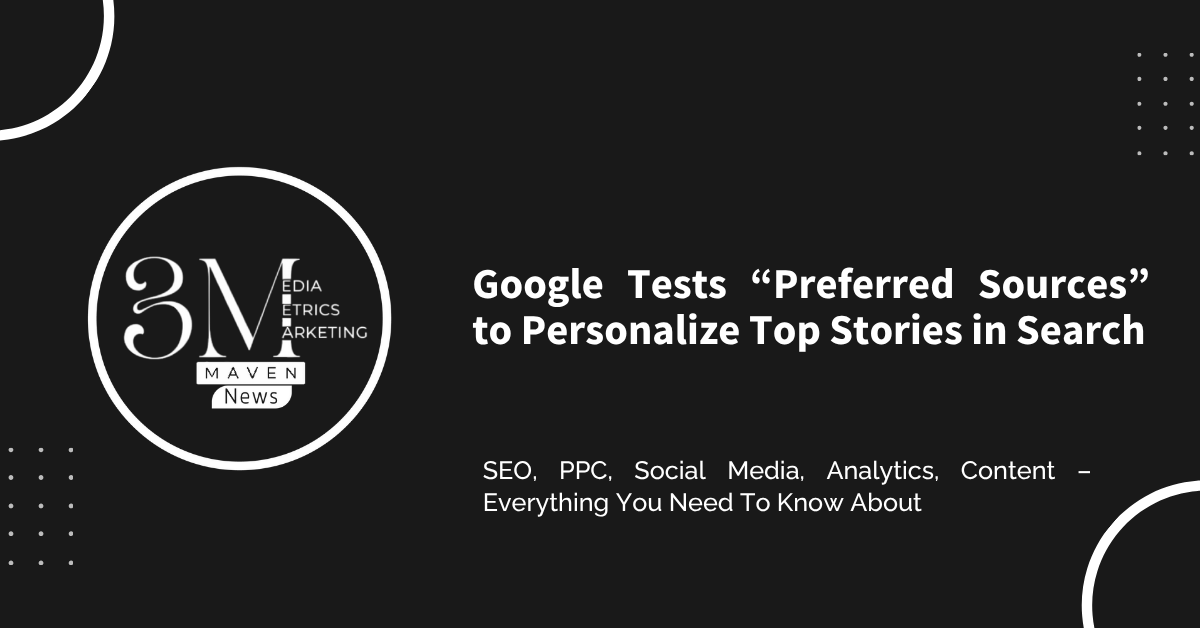In a recent episode of the Search Off the Record podcast, members of Google’s Search Relations team, Martin Splitt and Gary Illyes, opened up about why their advice to SEO professionals often seems vague or conditional.
The conversation was part of what they described as a “more human episode,” where they aimed to show a more personal side, acknowledging that they sometimes come across as robotic in their official communications.
The Challenge of Context
Splitt, who serves as a liaison between developers and SEO experts, explained how context plays a critical role in understanding technical advice. He shared an example from a past Tech SEO Summit where he presented a slide on JavaScript performance. Despite adding a note that the statement was missing context—and elaborating during his talk—the quote still got taken out of context online.
He emphasized that while JavaScript is essential for many web functions, like offline capabilities, these nuances are often lost when quotes are shared without full explanations.
Why Slides Aren’t Shared Publicly
This tendency to misinterpret information is one reason Google rarely shares presentation slides publicly. Illyes noted that slides without verbal context can be misleading or even useless. When advice meant for a specific scenario is applied broadly, it can lead to poor results—especially for websites with different needs.
For instance, strategies that work well for a small local business may not apply to a global brand operating across multiple languages and regions.
Why “It Depends” Is Necessary
Both Splitt and Illyes admitted that the SEO community often finds the phrase “it depends” frustrating. Splitt even referred to it as his “pet peeve.” However, they clarified that due to the diversity of websites and use cases, simple yes-or-no answers aren’t always possible.
Factors such as a site’s size, target audience, language, regulatory environment, and content type all influence what best practices should be followed. As Splitt pointed out, a small business targeting a niche market will have very different requirements compared to a multinational brand selling globally.
Google tries to provide comprehensive guidance by explaining the factors behind their recommendations. Unfortunately, this leads to longer, more detailed responses—which some may interpret as evasive.
The Risk of Misuse
Another concern raised was the misuse of Google’s public statements. Splitt expressed frustration over how people sometimes cherry-pick quotes while ignoring the rest of the discussion, using those snippets to support their own agendas.
While the team understands that any public statement can be quoted freely, they feel disheartened when selective quoting leads to confusion or misinformation.
Key Takeaway
The candidness of the Google team reflects a common experience among SEO professionals: Google’s advice must account for countless scenarios, so it often avoids making blanket statements.
Instead of looking for quick fixes or universal rules, SEOs are better off understanding the underlying principles and factors that shape Google’s recommendations. This deeper understanding helps tailor strategies effectively rather than trying to fit every situation into a one-size-fits-all solution.
